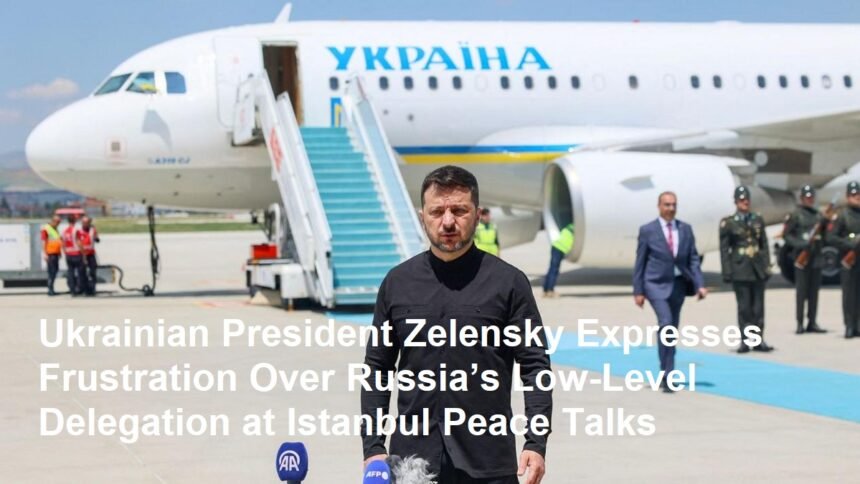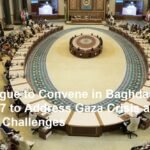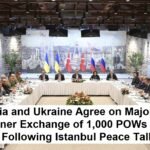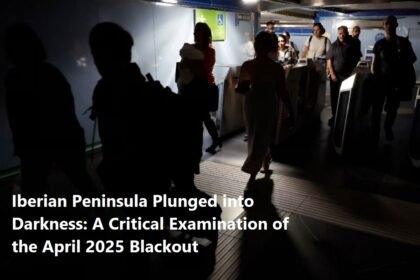On Friday, May 16, 2025, peace talks between Russia and Ukraine took place in Istanbul, Turkey, marking a significant moment in the ongoing conflict. However, Ukrainian President Volodymyr Zelensky expressed clear frustration and disappointment upon learning that the Russian delegation sent by President Vladimir Putin was composed of low-ranking officials rather than senior representatives. This development has added a layer of complexity to the already challenging diplomatic efforts aimed at resolving the war.
The peace talks in Istanbul were highly anticipated as a potential breakthrough after years of hostilities that have caused immense human suffering and geopolitical instability. Both sides were expected to engage in serious negotiations to explore pathways toward ceasefire agreements, prisoner exchanges, and broader conflict resolution. However, the composition of the Russian delegation raised questions about Moscow’s commitment to meaningful dialogue.
President Zelensky’s reaction reflects a broader sentiment within the Ukrainian government and public that Russia’s approach to the talks was not fully earnest. By sending a delegation lacking high-level decision-makers, Russia appeared to be signaling a reluctance to engage in substantive negotiations or make significant concessions. This perceived lack of seriousness undermines trust and complicates efforts to build momentum toward peace.
The Ukrainian leadership had hoped that the Istanbul talks would open doors to concrete agreements, including a large-scale prisoner exchange and steps toward de-escalation. While the talks did result in an agreement to exchange 1,000 prisoners from each side, the absence of senior Russian officials limited the scope of discussions and prevented progress on critical issues such as ceasefire terms and territorial disputes.
The low-level nature of the Russian delegation also has implications for the negotiation dynamics. Senior officials typically have the authority to make binding decisions and commitments, which are essential for advancing peace processes. Without such authority, the talks risk becoming symbolic rather than substantive, prolonging the conflict and the suffering it causes.
From Russia’s perspective, sending a lower-tier delegation may be a strategic move to maintain flexibility and avoid binding commitments that could be politically sensitive domestically. It may also reflect internal divisions within the Russian government or a desire to test the waters without fully engaging. However, this approach has been met with skepticism and frustration by Ukraine and its international partners.
The international community, including mediators and observers, has expressed concern that the lack of high-level engagement from Russia could stall peace efforts. The United Nations and other diplomatic actors continue to encourage both sides to commit fully to negotiations and to send empowered representatives capable of making decisions.
President Zelensky’s public expression of frustration serves to highlight the challenges facing diplomacy in the Russia-Ukraine conflict. It underscores the importance of genuine political will and trust-building measures in achieving lasting peace. The Ukrainian leader’s stance also aims to rally domestic and international support for Ukraine’s position and to pressure Russia into more meaningful participation.
Despite the setback, the talks in Istanbul did produce some positive outcomes, such as the agreement on the prisoner exchange, which is seen as a humanitarian step forward. This development offers a glimmer of hope that dialogue can continue and that further progress may be possible with sustained diplomatic efforts.
In conclusion, President Volodymyr Zelensky’s disappointment over Russia’s low-level delegation at the Istanbul peace talks on May 16, 2025, reflects the broader difficulties in negotiating an end to the conflict. The absence of senior Russian officials limited the potential for substantive agreements and highlighted the need for genuine commitment from all parties. As the war continues, the international community and the parties involved must work to overcome these obstacles to achieve a peaceful resolution and alleviate the suffering of millions affected by the conflict.









